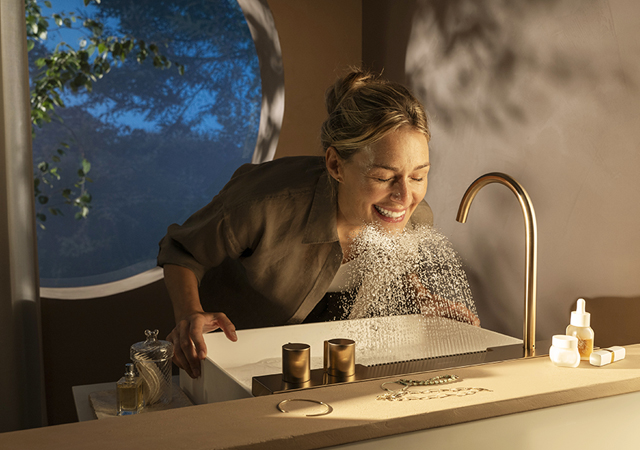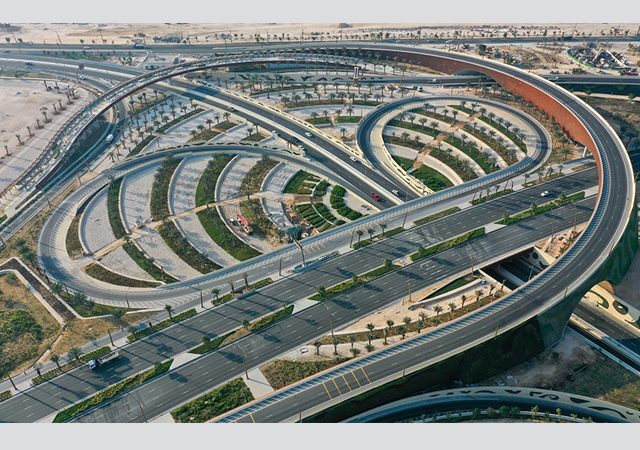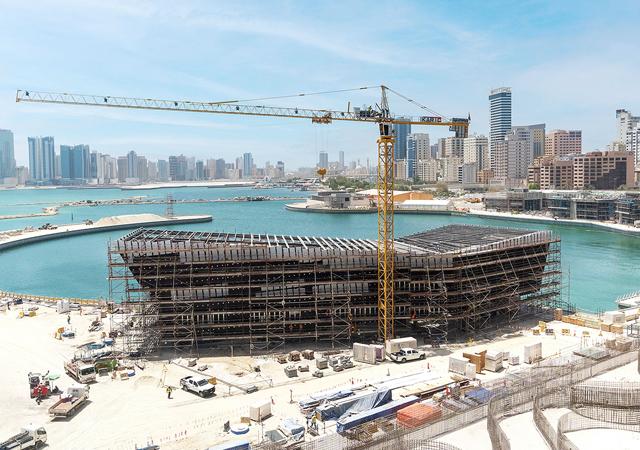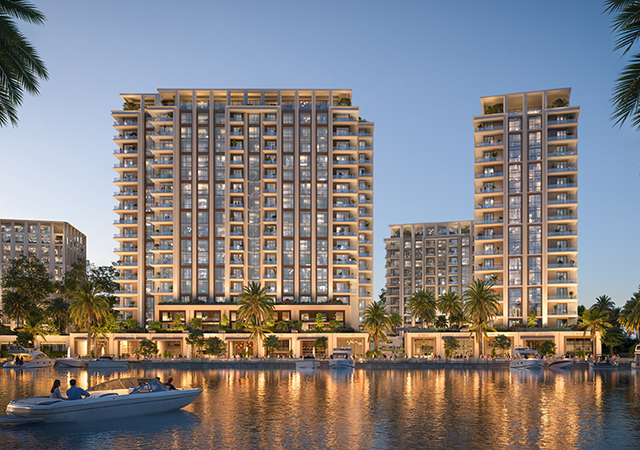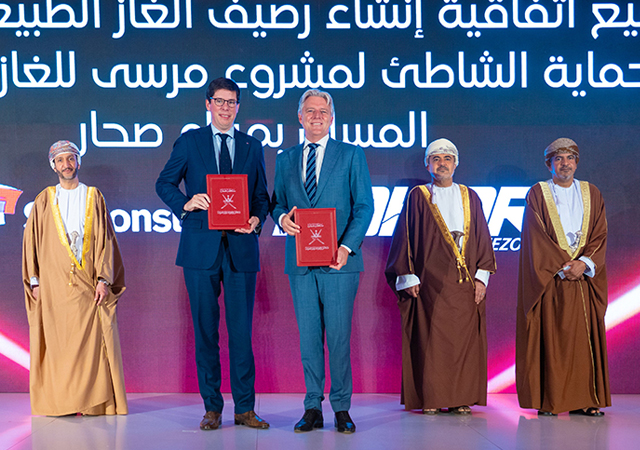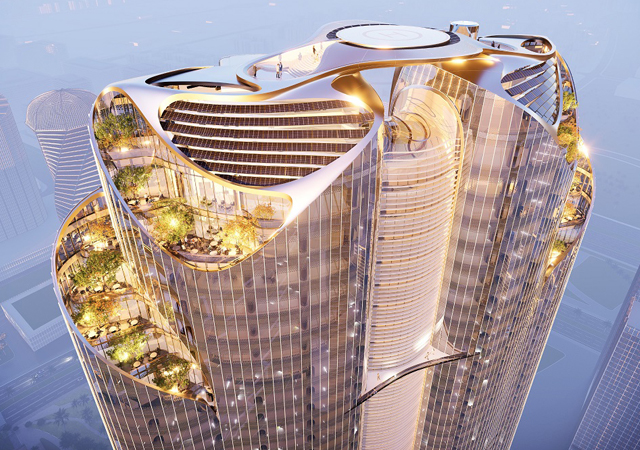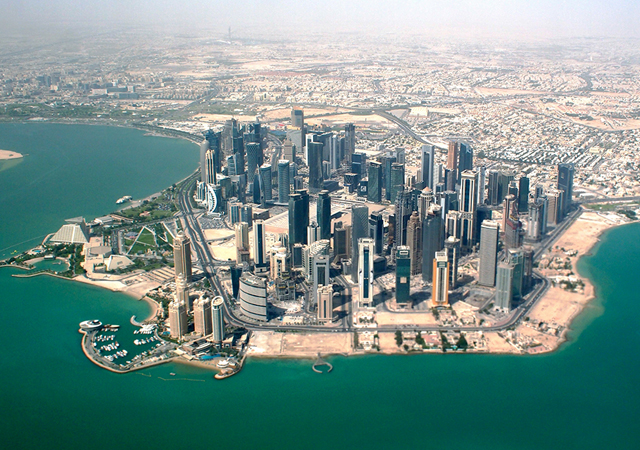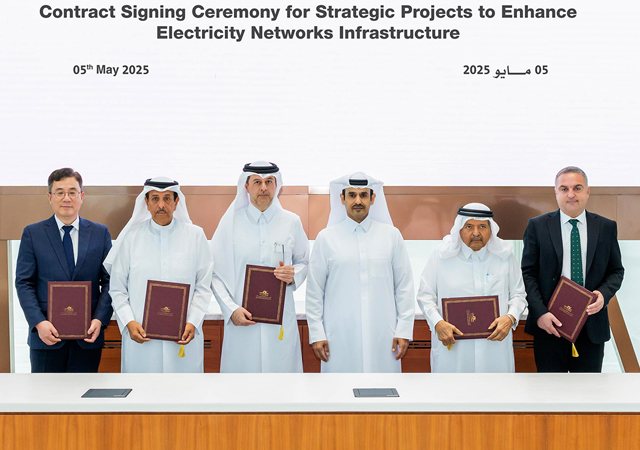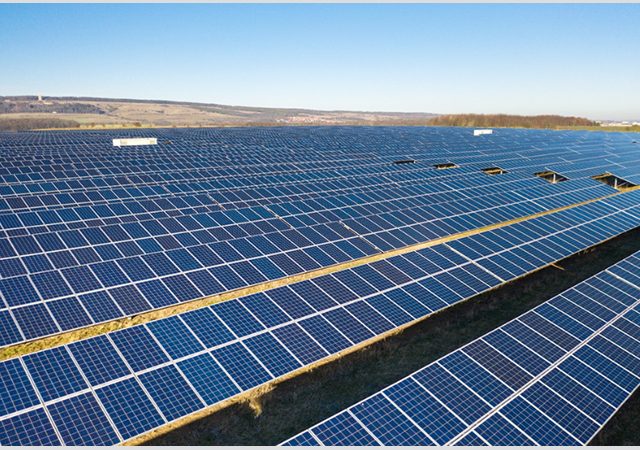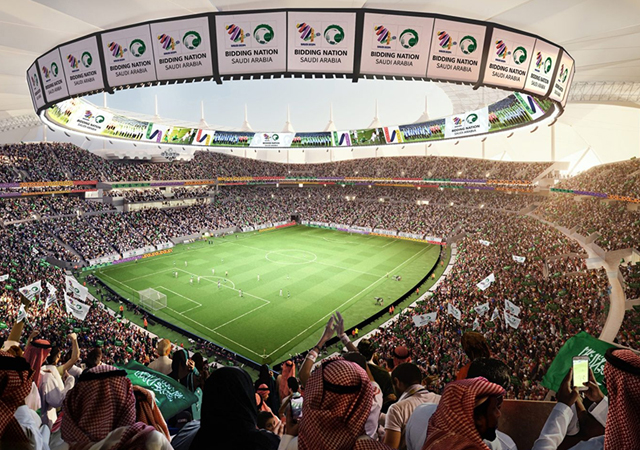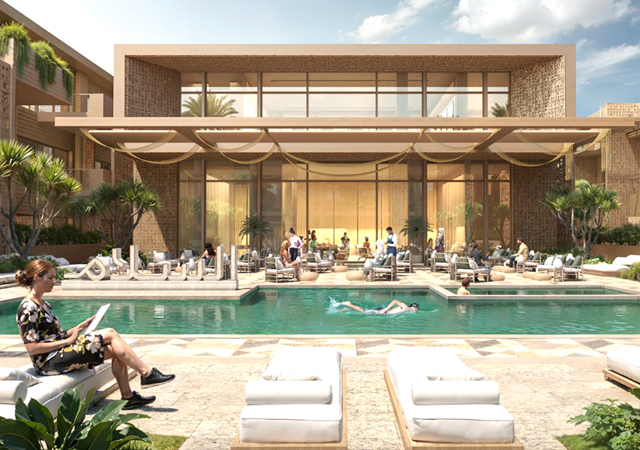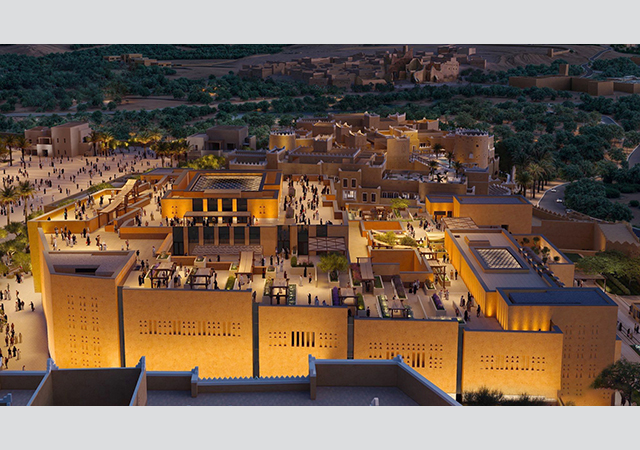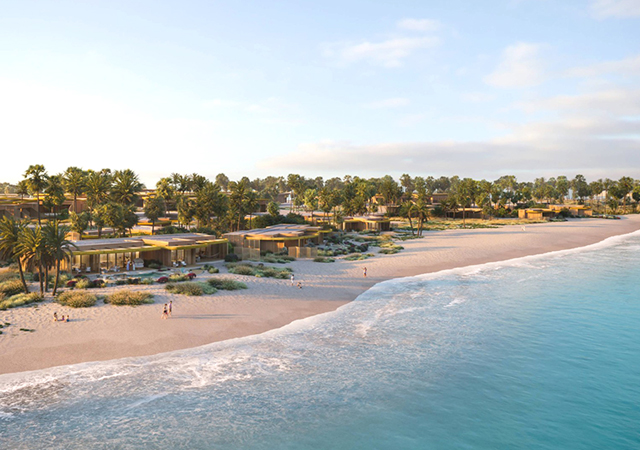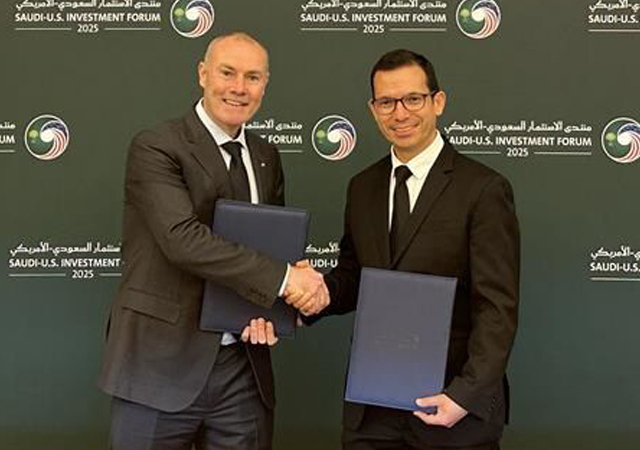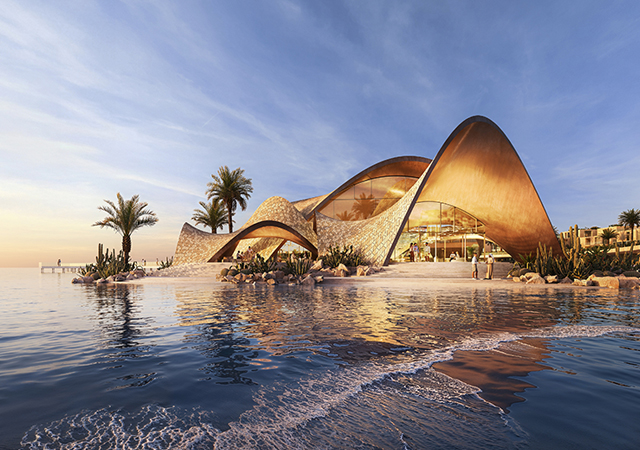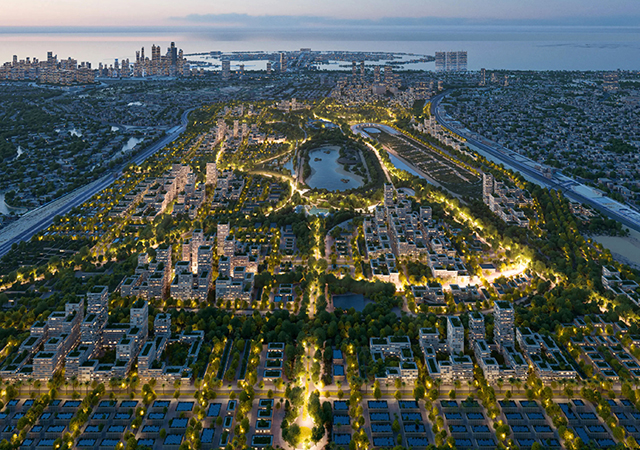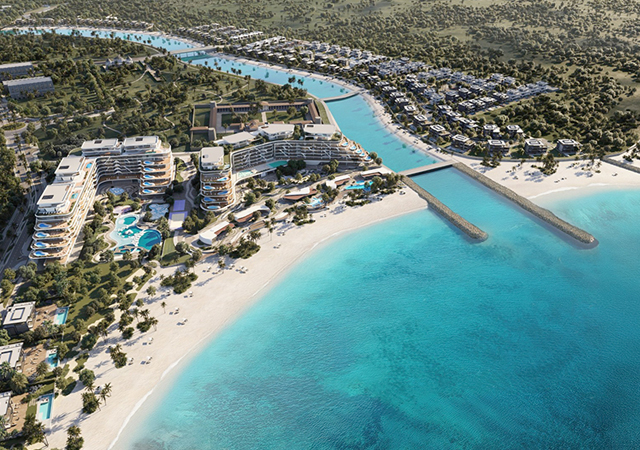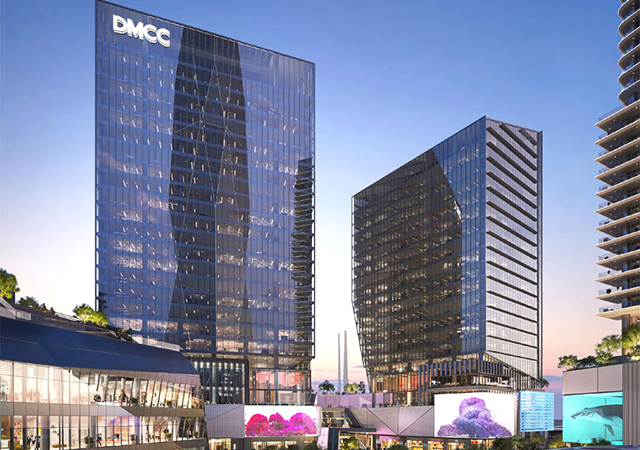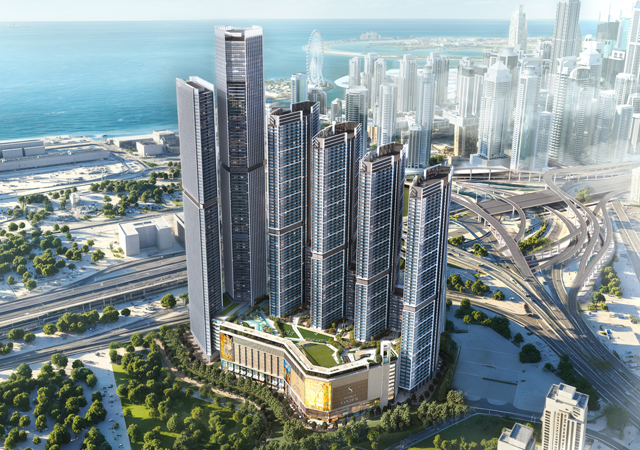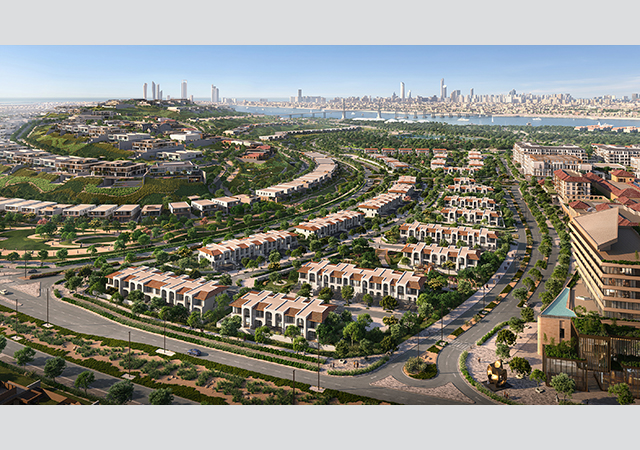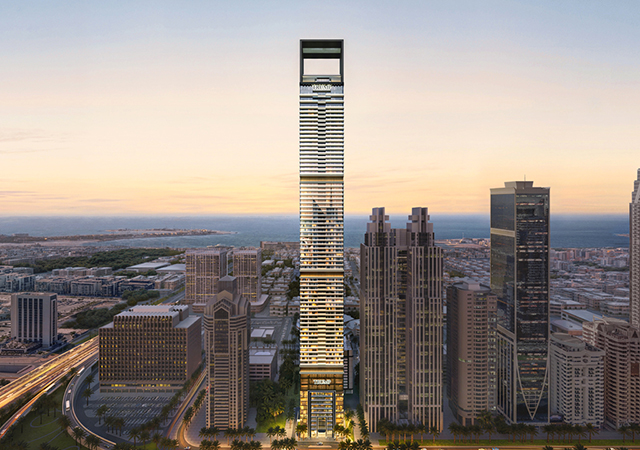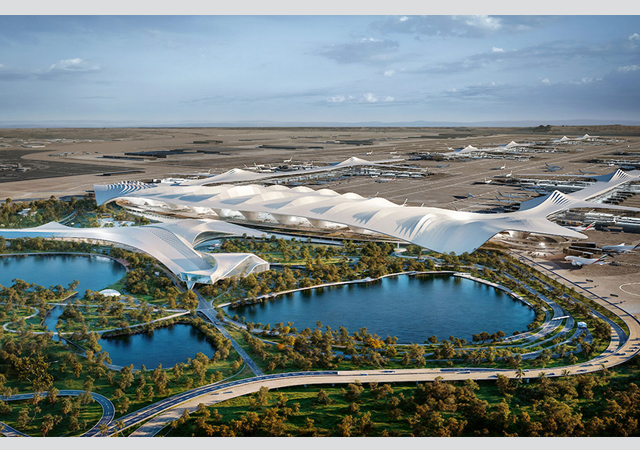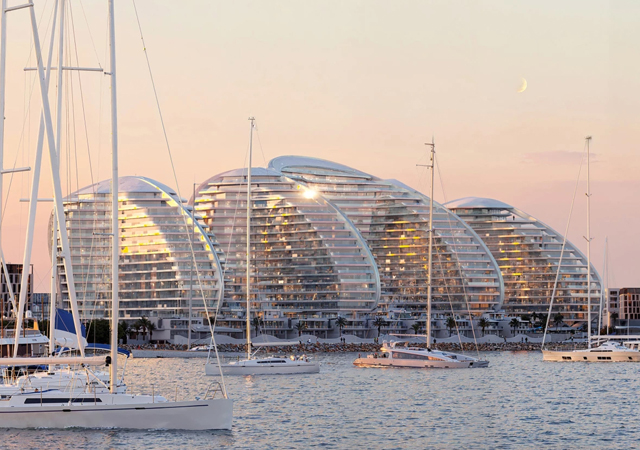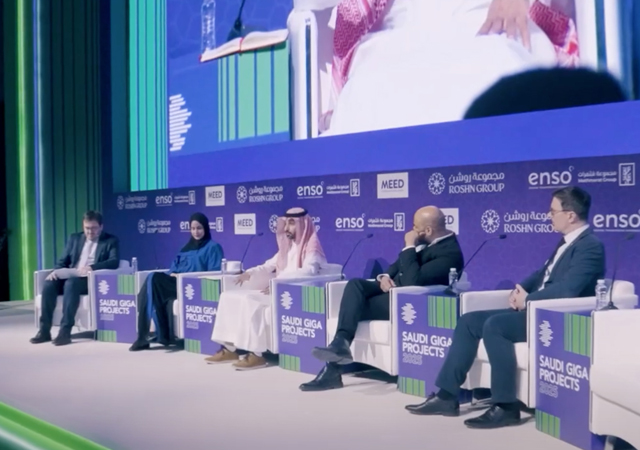
POLYPIPE Gulf has been busy further popularising the renowned Terrain drainage system in the region and is gearing up to meet the surge in demand for its products, especially in Qatar, where the construction sector is on the upswing.
At a technical seminar on the drainage systems last month in Doha, which was attended by well over 200 people, the company promoted both traditional and innovative approaches to the installation of drainage systems to protect the living environment from harmful bacteria. It also introduced its new Terrain Pleura System, which can be utilised to balance the pressures within the drainage system and to provide protection to water trap seals whilst significantly reducing the pipework required in traditional installations.
“The launch of the Terrain Pleura drainage ventilation system in conjunction with Studor, a leading expert in drainage ventilation technology, brings experience from around the globe in preventing and dealing with drainage issues in some of the tallest buildings in the world, where new challenges are now being experienced with both high-rise and super-high-rise buildings in particular,” says Robin Appleby, general manager of Dubai-based Polypipe Gulf.
The Pleura system, he says, has the ability to reduce traditional three-stack plumbing (soil, waste and vent) to twin stack (soil and waste) or even single stack – combining the pipework to achieve major cost savings from a material, installation, labour and even space perspective (see diagrams below).
Polypipe Gulf, part of the UK-based Polypipe, offers a unique combination of above and below ground drainage, hot and cold water, heating, ventilation and water management solutions, suitable for commercial buildings such as hospitals, hotels, sports stadiums, retail complexes and offices, as well as residential apartments and villa developments.
Terrain has more than 50 years of experience in the Gulf, with its systems being used widely across the Middle East. It pioneered the use of PVC (polyvinyl chloride) drainage systems and its products have been used in some of the largest, most prestigious installations around the world.
The seminar in Doha was based on the basic principles of drainage, relative to BS EN 12056 (pt 2) standards and local regulations/practices and demonstrated the correct design and installation methods to ensure a good drainage system. It emphasised the importance of jointing mechanisms, highlighting that Terrain systems utilise a solvent-welded jointing technique as opposed to the more commonly found ‘push-fit’ systems.
“Welded systems provide an homogeneous joint which enables absolute control of thermal movement – a common issue in a region with extreme temperature variations – as well as proving highly reliable and more cost-effective since fewer fittings are generally required for an installation,” he says.
Polypipe also demonstrated the importance of access in all systems, as well as the use of traps for all appliances/floor gullies, and the need to allow adequate drainage ventilation to protect the water trap seals. Developing this further, it stressed the need to protect the water trap seals from both positive and negative pressures that occur, especially in high-rise buildings, and the health risks posed by bad drain smells that are allowed to escape into the living environment.
In the Qatar market, Terrain is focusing on above and below-ground lead-free PVC drainage systems, whilst also introducing other new products from the Polypipe business in the UK. The company is reinforcing its presence in the country, given the anticipated boom in that market.
Appleby comments: “Given the enormous construction plans in Doha over the next few years in the lead up to the Fifa World Cup 2022, it was important that Terrain had a much greater presence in the market.
He points out that these new buildings planned – including tower blocks and sports stadiums – need drainage systems that perform under extreme circumstances while their complex architectural designs pose several challenges to the building services teams.
In the lead-up to the Fifa World Cup 2022, Appleby also anticipates shortages given the huge volume of products required to complete the developments, as well as the need to ensure that standards and quality are maintained with the pace of construction.
Terrain is gearing up to meet these demands. The company is well represented in Qatar by numerous major distribution partners, all providing access to excellent stock holding and ultimately fast availability to support installers. “This ensures that service levels are kept at the highest possible standards. Terrain is more readily available than ever across the Gulf region – a key factor when making any purchasing decision,” says Appleby.
He adds that, since its inception, Terrain has embraced manufacturing standards and products that not only meet but often exceed British Standard requirements to achieve the Kitemark licence. “Focusing on the advantages that these standards provide is very much our approach rather than knocking those that do not achieve any standard or self-certify,” Appleby says.
“Kitemarked products not only offer the benefits of trust and reliability, but when combined with Terrain solutions, can reduce installation costs or eliminate unnecessary pipework to achieve great savings, whilst often increasing performance,” he says.
Appleby points out that while Terrain offers a complete system backed by proven techniques, it also takes the lead in educating the market of new methods that are being used in other regions around the world.
“Advising and supporting professionals throughout the industry has always been Terrain’s way to demonstrate the features and benefits of such systems – especially due to the fact that Terrain is a uniquely engineered system with many advantages for the installer and client when understood,” he continues.
Following the Doha seminar, the company has been busy meeting requests to conduct further training modules at client, consultant and contractor offices.
Speaking about the Gulf market, he says that the region is busier than many others, with projects here still being on a much larger scale. “Being involved in major developments with large requirements of product has had a major positive impact on our business. The slowdown has also seen clients looking for better value for money and they even have time now to be more selective when choosing materials to ensure best practice at best cost,” he says.
Terrain’s competitive edge lies in the fact that it works closely with clients, consultants and specifiers, as well as installers to provide a complete and high level of technical support, together with highly-engineered solutions.
“Drainage systems that perform poorly, or ultimately fail are not only a major issue within a building, but also a major health risk. And through encouraging good practices and designs and straight-forward installations, Terrain ensures a ‘fit and forget’ solution at a very cost-effective price,” Appleby concludes.


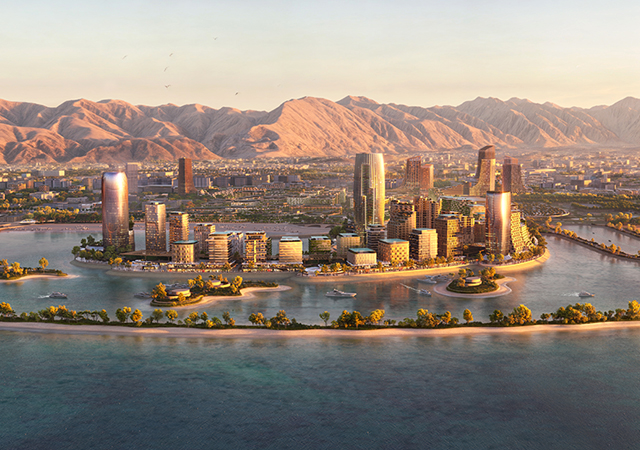
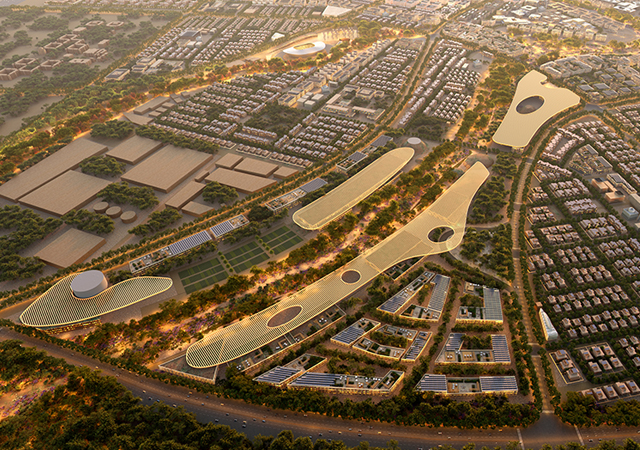
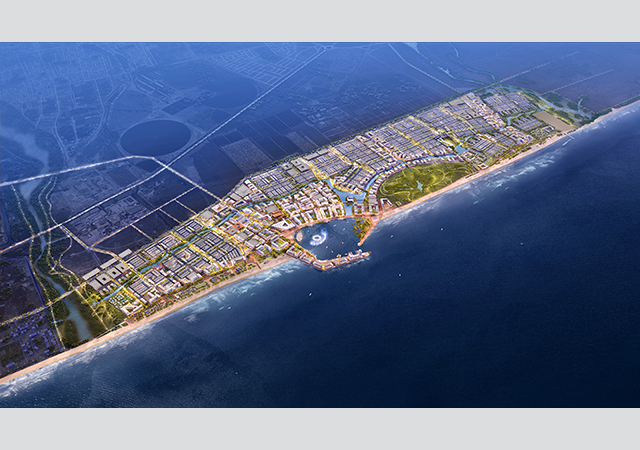
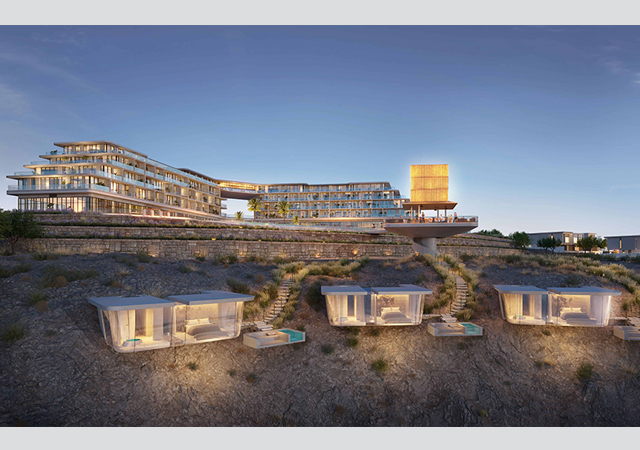
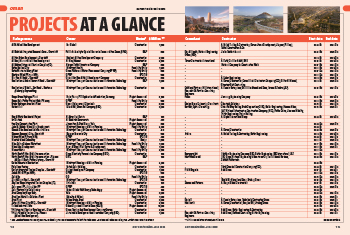
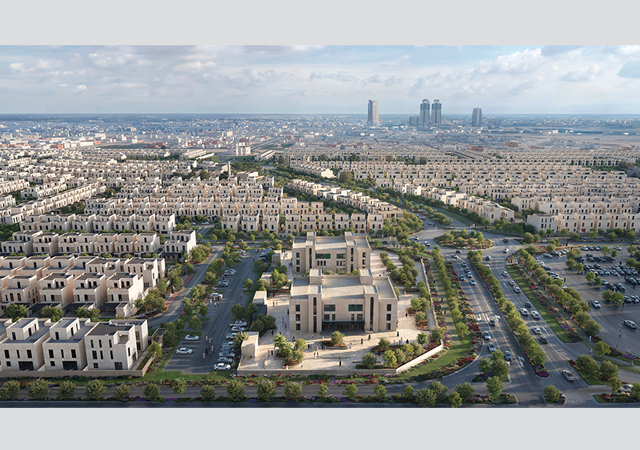
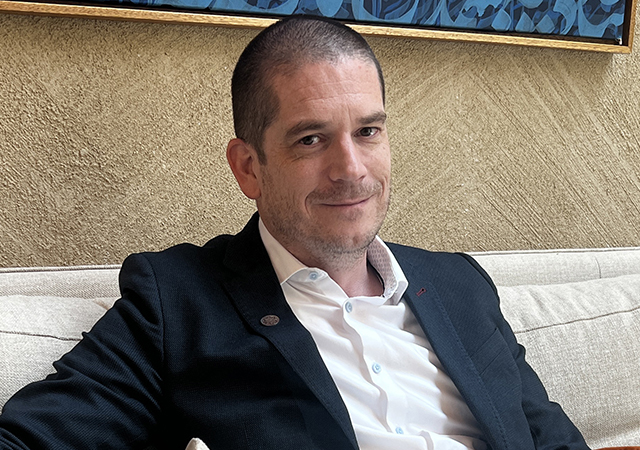

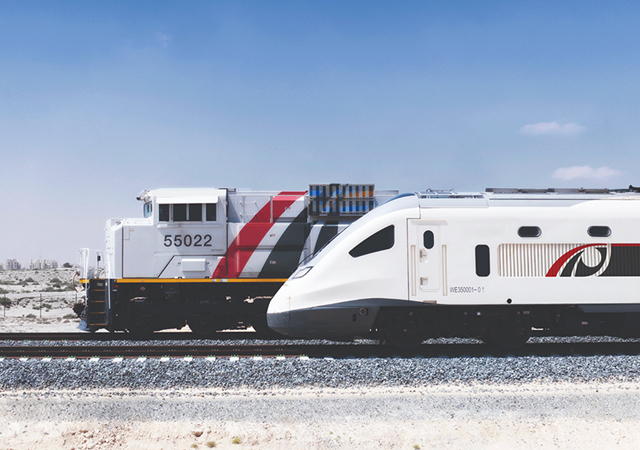
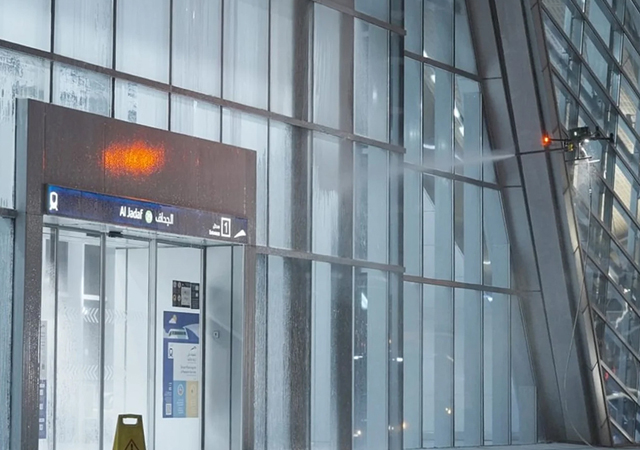
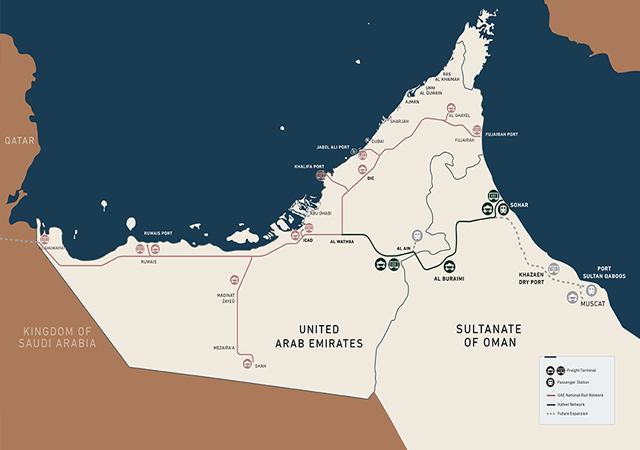
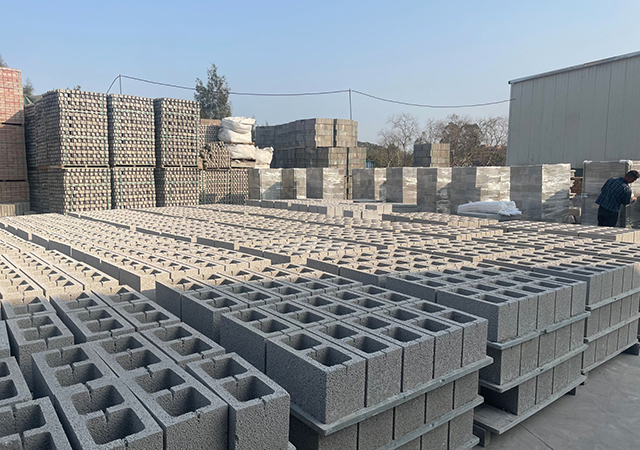
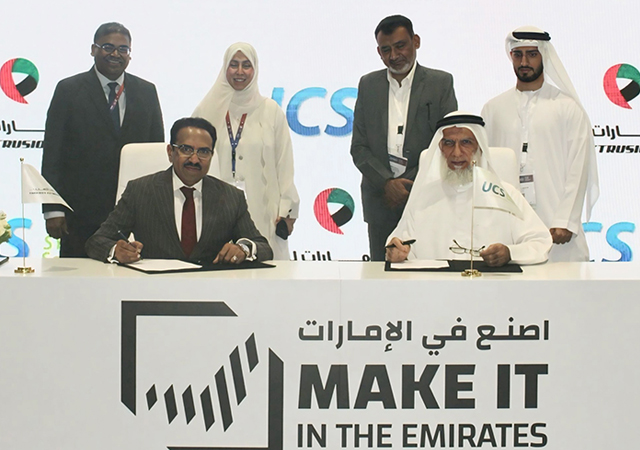
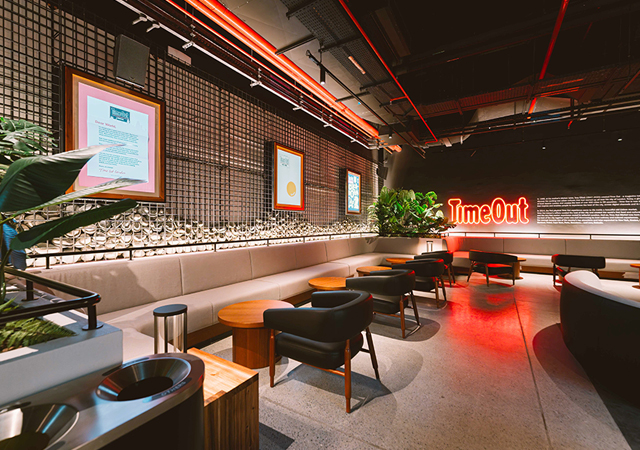
.jpg)
.jpg)
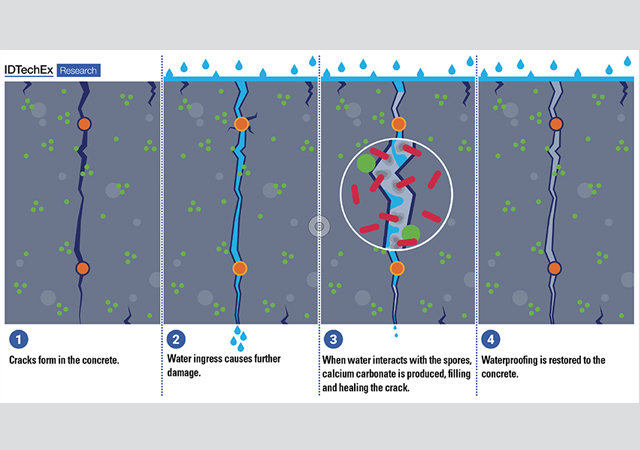
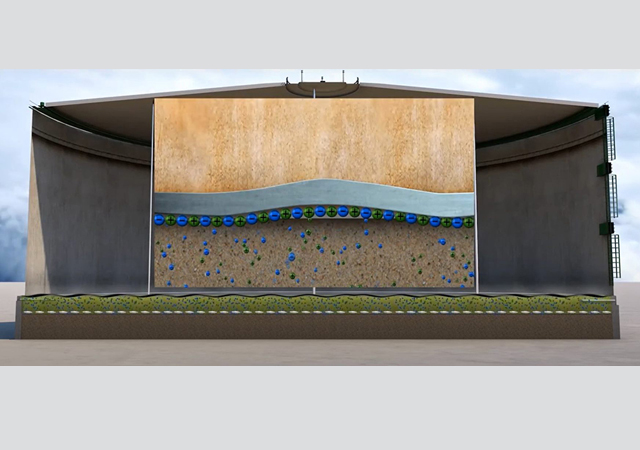
.jpg)
.jpg)
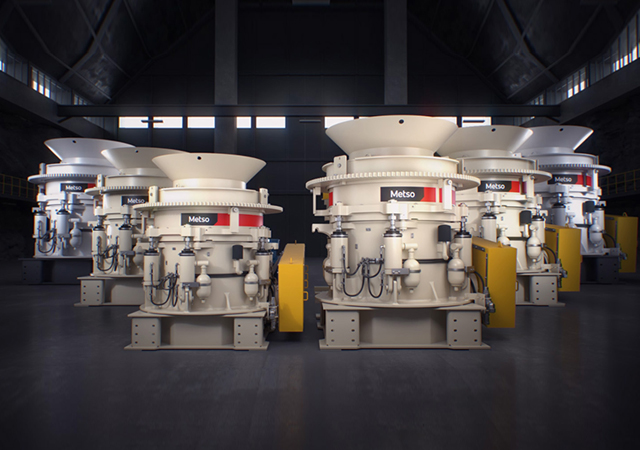
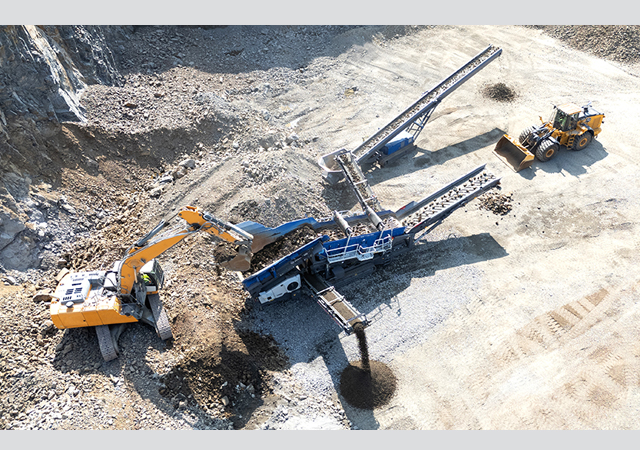
.jpg)
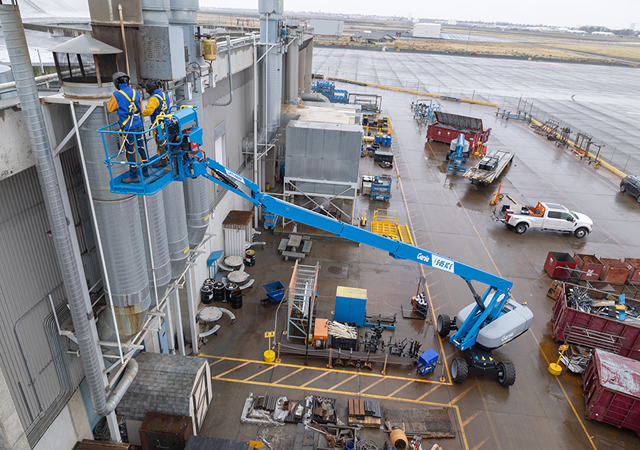
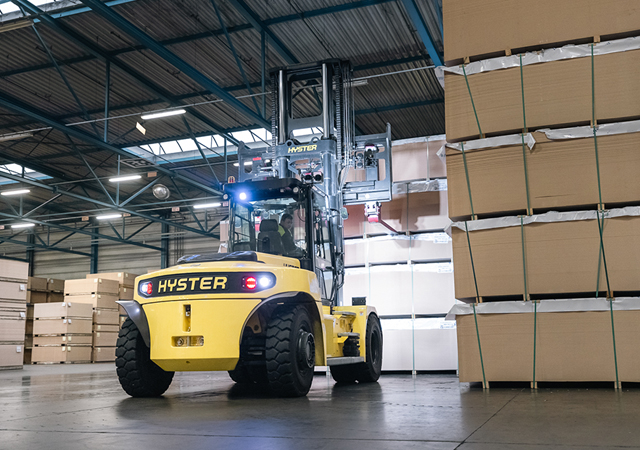
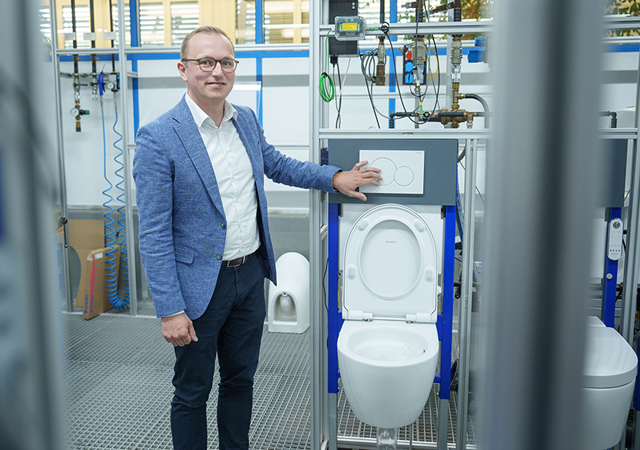
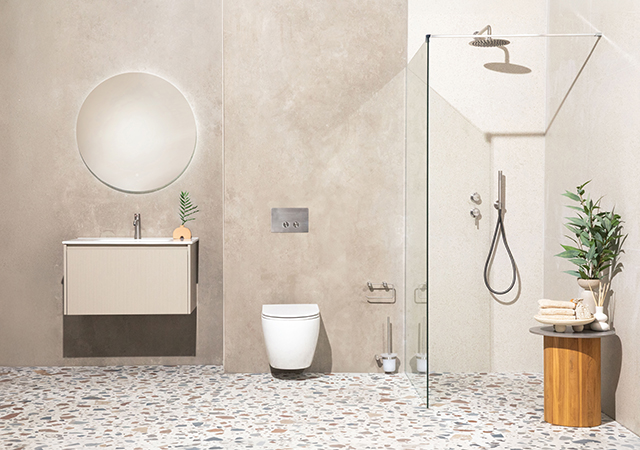
 Doka.jpg)
